Foreign Agent #Putin Khan, КГБешный Хулиган / You are liar through and through: / STASI Spy rules Mama.ru. / Tatar boy you'll always be / Of Stasi-Abwehr-KGB! | 8:25 AM 11/2/2021 - Exclusive: Putin is strangling journalism with 'foreign agents' law, says Nobel-winning Russian editor: "THIS MESSAGE (MATERIAL) IS CREATED AND (OR) DISTRIBUTED BY A FOREIGN MASS MEDIA PERFORMING THE FUNCTION OF A FOREIGN AGENT, AND (OR) A RUSSIAN LEGAL ENTITY PEFORMING THE FUNCTIONS OF A FOREIGN AGENT," it says. | Selected Articles Review, Tweets Review
САМ ТАКОЙ!!!
— Michael Novakhov (@mikenov) October 18, 2021
You are the
STASI "FOREIGN AGENT" YOURSELF!!!
https://t.co/HIqisOQquS
Exclusive: Putin is strangling journalism with 'foreign agents' law, says Nobel-winning Russian editor
A government-mandated red warning fills the screen ahead of every new segment in every show. It's also compulsory in every tweet prominent on the channel's website.
- Central Banks Fuel New Bets on Tighter Money as Inflation Rises Globally The Wall Street Journal
- Here's why you should care the Fed is set to announce it's tapering its bond-buying stimulus USA TODAY
- Inflation, wage data, challenge Fed 'transitory' narrative Reuters
- The Bond Market Is a Powder Keg. Can the Fed Defuse It? Bloomberg
- Fed Complacency Feeds Inflation The Wall Street Journal
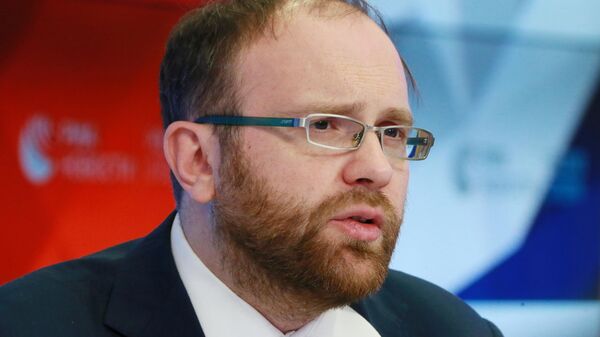
 image/jpeg 49901579-0-image-a-32_1635770103610.jpg
image/jpeg 49901579-0-image-a-32_1635770103610.jpgDownload audio: https://play.podtrac.com/npr-500005/edge1.pod.npr.org/anon.npr-mp3/npr/newscasts/2021/11/01/newscast070836.mp3?awCollectionId=500005&awEpisodeId=1051059320&orgId=1&d=300&p=500005&story=1051059320&t=podcast&e=1051059320&size=4500000&ft=pod&f=500005
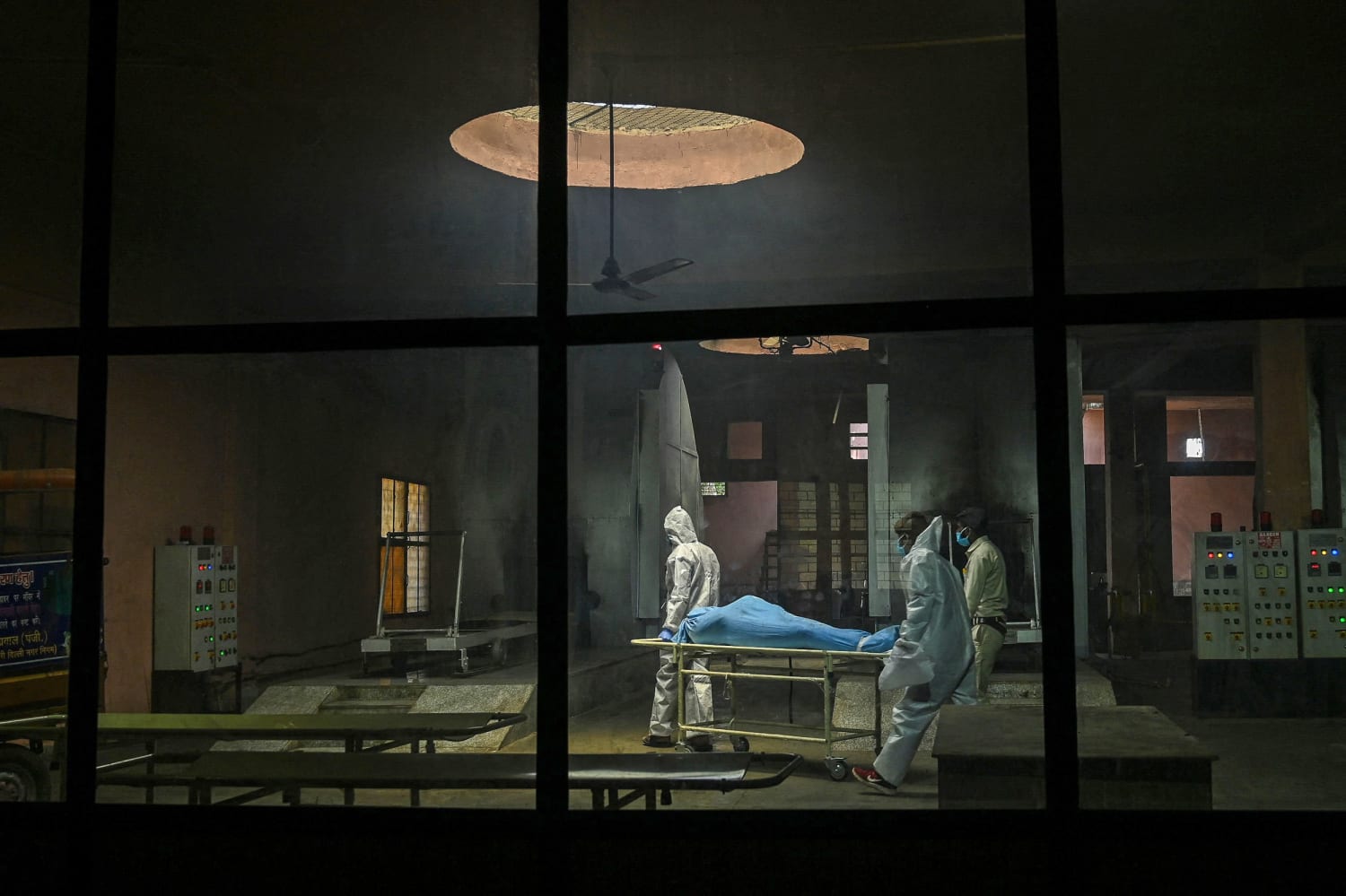
 image/jpeg 211101-covid-india-mn-0700.jpg
image/jpeg 211101-covid-india-mn-0700.jpg#jenpsaki
 image/jpeg hy33tfup_s.jpg
image/jpeg hy33tfup_s.jpgThe post Зюганов: КПРФ разбирается в ситуации с депутатом Рашкиным first appeared on The Brooklyn Bridge.
The post NPR News: 10-30-2021 11AM ET first appeared on The Brooklyn Bridge.
The post Boy, 7, dies in NYC fire as FDNY faces vax sick outs – New York Daily News first appeared on The Brooklyn Bridge.
all news | Deutsche Welle
The post all news | Deutsche Welle: Профсоюз полицейских ФРГ предостерег от повторения миграционного кризиса 2015 года first appeared on The Brooklyn Bridge.

Радио Свобода
The post Радио Свобода: В Петербурге задержана сфотографировавшаяся на фоне Исаакиевского собора в трусах модель first appeared on The Brooklyn Bridge.
Darko Desic turned himself in last month after losing his job and home amid Sydney’s recent lockdown.

New York Daily News
The post New York Daily News: Prison escapee must serve 16 months after nearly 30 years on the run first appeared on The Brooklyn Bridge.

Protect your business from ransomware Chase News & Stories
The post Protect your business from ransomware – Chase News & Stories first appeared on FBI Reform.
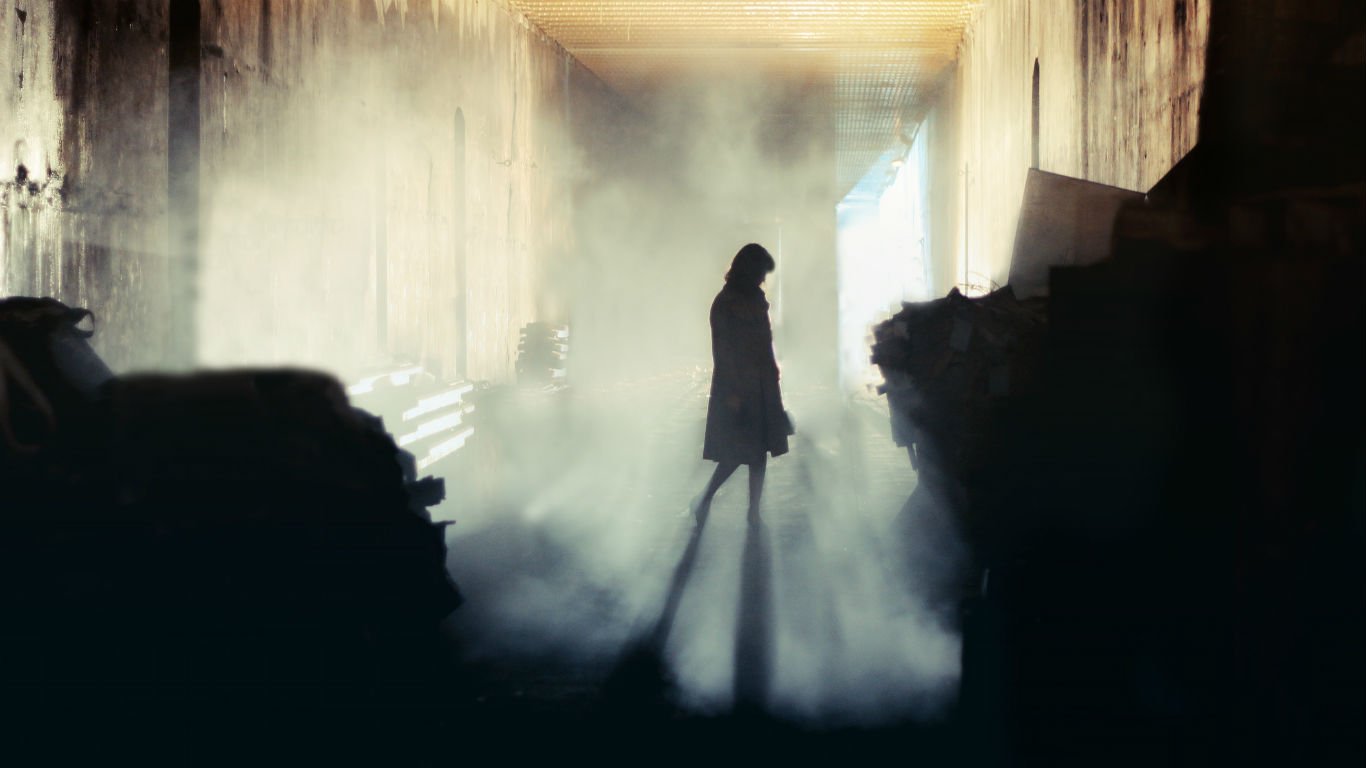
Police are investigating a deadly shooting near a deli in Brownsville.
Nicaraguan President Daniel Ortega thanks his Russian counterpart Vladimir Putin for his government's security assistance in "defending the sovereignty" of the country and lashes out at the United States for its "slander and infamy".
Interested in licensing this video ? Get in touch 👉 http://u.afp.com/UBbQ
N.B.: AFP’s services and content are for professional use only
 Demonstrators chant in front of the White House during a climate march on October 12. | Jim Watson/AFP via Getty Images
Demonstrators chant in front of the White House during a climate march on October 12. | Jim Watson/AFP via Getty ImagesIt’s not too late for Democrats to go big on climate change. But it won’t be easy, and there’s no margin for error.
After a major setback on a historic package of climate legislation, President Joe Biden and Democrats in Congress are scrambling to find other ways to slash US emissions. As they race to create a Plan B for an escalating climate crisis, they stand to learn a lot from the Obama era — a history that’s littered with similar setbacks and climate policies that never saw the light of day.
One of the most impactful climate policies that Congress has ever considered, the clean electricity payment program (CEPP), is on the chopping block. Sen. Joe Manchin (D-WV) says he will not support a bill that penalizes coal and natural gas for the outsized role they play in US pollution. Democrats can’t pass their budget bill, the Build Back Better Act, without his support, and its size and scope has been shrinking.
Meanwhile, a key window for progress is closing: Top Democrats have promised to hammer out a domestic climate deal by the time Biden speaks at a pivotal United Nations climate conference in Glasgow, which begins October 31. If Congress fails to enshrine key climate policies as federal laws, Biden’s Plan B includes executive orders and major regulations from the Environmental Protection Agency, the New York Times reported.
The problem is that executive actions aren’t an ideal substitute for federal laws, and may last only as long as Biden’s presidency. EPA regulation also “tends to lag [behind] the technological realities,” meaning it may only modestly nudge the economy in a new direction, Jesse Jenkins, an environmental engineering professor at Princeton University, told Vox. It’s also vulnerable to intervention by the Supreme Court.
In some respects, Democrats have been here before. Under President Barack Obama, a similar political bind in Congress made his climate actions weaker and open to reversal. “I am not sure there are easy ways to avoid the pitfalls the Obama administration faced in taking regulatory action on climate change,” Matto Mildenberger, a University of California Santa Barbara political scientist who has written on the history of US climate policy, told Vox.
Democrats have options left. The $500 billion Democrats have promised for climate funding would represent historic congressional investment, and roughly a third of the funding in the possible Build Back Better plan. But it still would not make up for the policies that have been cut. If the past is any guide, their best chance is to throw the kitchen sink at the climate crisis, consistently and relentlessly, on every level of government.
To make sweeping and lasting progress, they’ll need to outdo the Democrats of the Obama era by pushing not only for executive and state action, but also funding for smaller climate policies that can fill what experts described as the “CEPP-sized hole” in the budget bill. If Democrats do that, Mildenberger still believes the US could manage to have a “world-leading” climate agenda.
Democrats run the risk of repeating mistakes they made in the Obama era
Obama’s strategy for tackling climate change counted on Congress passing a bipartisan bill, which would have capped climate pollution and created a market for trading credits. Success depended on the support of wary Democrats as well as some Republicans. By summer 2010, Obama appointees admitted they didn’t have the votes in the Senate. The bill quietly died that summer, and the path to passing a federal law closed when Tea Party-backed Republicans swept the midterm elections.
As the New Yorker reported at the time, “Obama said that he knew ‘the votes may not be there right now, but I intend to find them in the coming months.’ He never found them, and he didn’t appear to be looking very hard.”
/cdn.vox-cdn.com/uploads/chorus_asset/file/22957499/GettyImages_171493829.jpg) Alex Wong/Getty Images President Barack Obama unveiled his climate change plan in 2013, at Georgetown University in Washington, DC. Key portions of his plan were undone by the Supreme Court and President Donald Trump.
Alex Wong/Getty Images President Barack Obama unveiled his climate change plan in 2013, at Georgetown University in Washington, DC. Key portions of his plan were undone by the Supreme Court and President Donald Trump.The Obama administration didn’t charge ahead to find other ways to deliver pollution cuts, at least not right away. Climate activists spent the subsequent years accusing Obama of “climate silence,” according to the Washington Post. It wasn’t until his 2013 State of the Union that he made his lengthiest comments on climate change in years and promised: “If Congress won’t act soon … I will … with executive actions.”
By summer 2013, well into Obama’s second term, the administration was pushing forward with a new comprehensive strategy for tackling climate change, relying primarily on executive and regulatory action to clean up power and transportation emissions. For the first time, a president began to realign the executive branch, especially the EPA, to issue landmark standards for cleaner cars, power plants, and methane from gas operations.
But Obama was not able to replicate what Congress could have accomplished. As ambitious as his first-ever coal regulations seemed at the time, for example, they were halted by the Supreme Court before taking effect. Even without them, utilities ended up keeping pace with most targets on their own, showing how moderate the regulations were.
There are other reasons that a new wave of EPA action won’t be as powerful as federal climate legislation. Regulations still take time to draft and finalize and are frequently challenged in court. The Supreme Court swung to the right under former President Donald Trump and seems even more skeptical of the EPA’s powers.
In hindsight, the Obama administration arguably miscalculated the odds that its climate policy would outlast his presidency. The office of Sen. Tina Smith (D-MN), who sponsored the clean electricity plan, told Vox that politicians can’t take for granted that all climate policies will last. Smith’s staff said that Biden’s Plan B must find other ways to cut emissions, even as Manchin insists on cuts and the bill’s price tag keeps shrinking.
/cdn.vox-cdn.com/uploads/chorus_asset/file/22957571/GettyImages_1236140050.jpg) Ting Shen/Bloomberg via Getty Images Sen. Joe Manchin (D-WV) speaks at the Economic Club of Washington in Washington, DC, on October 26. He has opposed major climate provisions in Democrats’ budget bill.
Ting Shen/Bloomberg via Getty Images Sen. Joe Manchin (D-WV) speaks at the Economic Club of Washington in Washington, DC, on October 26. He has opposed major climate provisions in Democrats’ budget bill.Obama-era Democrats left other climate policies in a precarious place: For example, key tax breaks for wind and solar energy repeatedly expired throughout the 2000s and were only renewed after the fact, slowing gains in the two renewable energy sectors. Even when Democrats controlled Congress during Obama’s presidency, these credits received short-term extensions. And by waiting until Obama’s second term to roll out key climate regulations for the power sector and transportation, the administration took a risk that some wouldn’t be finalized before the next administration, making it that much easier for the incoming Trump to halt.
Trump easily blocked methane rules for existing oil and gas facilities because they were still being drafted. “There are tiers of executive actions, each of which have different relative permanency,” CNN explained in 2016. And finalized rules take longer for an incoming president to reverse than rulemaking that’s still underway.
The Biden White House’s climate strategy in 2021 may end up not so different from the course of the Obama administration. Obama, facing the reality of a gridlocked Congress, relied on executive action to push the country forward on climate. And when Trump reversed course on climate policy, some states tried to continue their own shifts toward clean energy.
Still, Democrats can learn from this history and take action in three important ways: 1) pushing the executive branch to quickly finalize regulations of the biggest emitters, such as coal-fired power plants and oil and gas producers; 2) writing climate standards into their subsidies for other polluting sectors, like industry, transportation, and buildings; and 3) updating the Build Back Better budget bill so that it funds every possible incremental way to close the gap in emissions.
They also have to remember what has changed: The political movement urging climate action is far bigger than it was a decade ago. The problem is, the warnings in climate science of inaction are also more dire. The Biden administration will have to outdo the Obama administration in the pace and the scale of its ambitions.
Biden’s goals are bigger than Obama’s, but he has less margin for error
A decade of inaction by Congress has now cost the world precious time to avoid the most severe consequences of climate change. A global goal of limiting warming to 1.5 degrees Celsius, enshrined in the 2015 Paris agreement, could slip through our fingers in a matter of years, according to the World Meteorological Organization and Intergovernmental Panel on Climate Change. Every fraction of a degree of warming can claim lives and livelihoods as it ripples through ecosystems, water supplies, agriculture, and more.
The US is making progress, but not quickly enough. Domestic climate pollution has fallen by less than 22 percent between 2005 and 2020. After rejoining the Paris climate agreement this year, Biden announced a new target: cutting US climate pollution by at least 50 percent by 2030.
The best way of ensuring the US reaches this target, climate experts told Vox, would be ambitious congressional action. Federal laws could transition the electricity sector off fossil fuels and replace gas-guzzling cars with electric vehicles.
“Even with what some would view as moderate congressional action, there is still a pathway to meeting the target”
Now that the Senate appears to have sunk its best single weapon against climate change, the clean electricity payment program, the White House is falling back on a “three-pronged approach” to meet its goal.
One prong still depends on Congress passing historic clean energy funding as part of the Build Back Better Act (albeit a smaller package than the White House wanted). The second relies on the White House preparing ambitious regulations of electricity, transportation, a natural gas production. And the third prong depends on states — especially the 25 that are already committed to climate action — ramping up energy efficiency, fuel standards, and clean energy to match the most ambitious regions in the nation.
This Plan B will be difficult to pull off, and is less ambitious than climate activists had hoped for. A clean electricity policy would have accounted for roughly 25 percent of the package’s pollution cuts, according to a Princeton Zero Lab analysis from Jenkins and his colleagues. Democrats may also scrap their second major climate proposal, a plan to fine oil and gas producers for methane pollution, from the Build Back Better Act. Methane is a potent greenhouse gas that, over the short term, warms the planet even more than carbon dioxide.
Other powerful levers in the fight against climate change, like a carbon tax or specific penalties on fossil fuels, are just as unlikely to make it into the final plan. So the final infrastructure package and budget bill likely won’t make as big of a dent in climate pollution as many Democrats once hoped.
But that doesn’t mean all hope is lost for US climate action. “Even with what some would view as moderate congressional action, there is still a pathway to meeting the target,” John Larsen, climate director of the energy research firm Rhodium Group, told Vox. “It’s just going to mean that there needs to be sustained effort by other parts of the federal system and state level to really follow through.”
How Democrats can still make lasting progress on climate policy
In a Monday speech in New Jersey, Biden projected optimism that his Build Back Better agenda is “going to address the root cause of ever-increasing extreme weather and destruction.”
/cdn.vox-cdn.com/uploads/chorus_asset/file/22957796/AP21298653414025.jpg) Evan Vucci/AP President Joe Biden speaks on his Build Back Better infrastructure, climate, and social spending agenda in New Jersey on October 25.
Evan Vucci/AP President Joe Biden speaks on his Build Back Better infrastructure, climate, and social spending agenda in New Jersey on October 25.For him to follow through on this promise, he’ll have to avoid the pitfalls that Obama faced. The past decade highlights how critical it is for a Build Back Better plan that closes the gaping holes likely left without the clean electricity payment program and methane fees — and for Democrats to maintain a sense of urgency and chip away at the climate crisis at every level.
- The first, most important lesson from the Obama era is that there is no time to waste. Regulations take years to draft and finalize, so the earlier in Biden’s term that his administration creates them, the better shot they’ll have at outlasting his presidency.
Biden has seemed to appreciate this lesson. His EPA has been busy preparing and finalizing upgrades for Obama-era climate regulations for the power sector, transportation, and oil and gas production. “If you don’t have the methane fee, then the methane regulations that EPA is cooking up are going to be that much more important,” Larsen pointed out.
- It’s still possible to meet Biden’s goals even without the CEPP and methane fees, according to a Rhodium Group analysis that Larsen coauthored last week. Rhodium estimated the impact of extremely aggressive action, including almost a dozen core executive actions the Biden administration would need to take. Some of these would have to build on what Obama originally planned, but at a far more ambitious scale, like far-reaching new climate standards for the power sector. Larsen also suggested that Biden would have to test the Clean Air Act in new ways; for example, by issuing the first-ever climate regulation for industrial pollution, and requiring that every new natural gas terminal and chemical plant is equipped with carbon capture technology.
- Congress still needs to pass as many climate priorities as possible in the infrastructure deal and Build Back Better plan. Democrats still have a shot at funding clean energy tax breaks, improving electricity transmission to connect renewables to new areas of the country, and expanding access to electric vehicles.
“My view on climate policy is you just keep accelerating things as much as you can, wherever you can,” Jenkins said. Some Democratic senators hope to redirect the CEPP’s $150 billion price tag to other programs.
Notable — @brianschatz and @SenatorCarper told me they're under the impression the $150 billion for the CEPP will be spread around to other programs, rather than getting cut altogether. Again, will have to see what Manchin says bc that $ is in his committee.
— Ella Nilsen (@ella_nilsen) October 25, 2021
“Carbon pollution is all throughout the American economy,” making it possible to pull levers that “together create something that would fill the CEPP-sized hole,” said Mildenberger, the USC political scientist. Those cuts could come from energy efficiency in industrial manufacturing, building electrification, or preventing nuclear plants from retiring.
Democrats could tweak requirements for projects that receive funding from new infrastructure spending. For example, Congress can require that federally funded building projects meet higher energy efficiency standards.
What are the other climate policies could benefit from an infusion of cash? Sen. Smith’s office suggested funding for renewable energy and transmission — though Manchin, as chair of the Energy and Natural Resources Committee, might still have influence over that.
The Atlantic’s Robinson Meyer also pointed to long-distance electricity transmission:
The U.S. must triple its transmission infrastructure in order to decarbonize by 2050, according to a landmark Princeton study. As Steve Cicala, an economics professor at Tufts University, recently told me, solar and wind are now the cheapest forms of electricity generation in some parts of the country. But those cost declines only matter if the largest power markets are connected—via new transmission!—to those areas.”
The group We ACT for Environmental Justice suggested the funding should be used to clean up highway pollution that disproportionately affects communities of color — for example, by increasing funding for clean cars and zero-emissions heavy-duty trucks.
Meanwhile, Mildenberger suggested, funding for nuclear power would ensure that the US doesn’t lose the 20 percent of its carbon-free energy that currently comes from nuclear. Otherwise, that electricity could be replaced with gas and coal.
Biden will need to multitask to make his Plan B work, Larsen said. “If any one component were not to take place in the timeframe that we’re talking about, then something else is going to have to happen,” he said. “That could be additional regulations, it could be new states that are leading; it could be future congressional action. But you would need to see other actions somewhere else to make up the difference.”
Soviet soldiers reportedly killed dozens of German civilians as well as French and Belgian POWs. Citizens were raped, tortured and shot. Some were nailed to barn doors in crucified postures according to witnesses. #WW2
Michael_Novakhov shared this story from |
b’
In this episode of “Intelligence Matters,” host Michael Morell speaks with Michael McFaul, former U.S. ambassador to Russia and current director of the Freeman Spogli Institute for International Studies at Stanford University. Morell and McFaul discuss Russian President Vladimir Putin’s main geopolitical objectives and personal anxieties about the West. McFaul shares behind-the-scenes details of meeting and negotiating with Putin, as well as thoughts on how the Biden administration should approach its relationship with the Kremlin.
HIGHLIGHTS:xc2xa0
Putin’s attitude:xc2xa0″[H]e’s been in power for over two decades. So he thinks he knows everything. He doesn’t listen even to his closest advisers anymore. They’re all second-tier people compared to him. It kind of reminds me of what I used to read about Stalin. He has no peers inside the country anymore, in his view. So he’s quite arrogant.”
Putin’s negotiating techniques:xc2xa0″He likes to stare. He’s done it to me. And believe me, it’s scary, especially when you’re sitting in his office on his side of the wall and your bodyguards are on the other side. He’s got an intense way of looking at you. He did this once to me when he was basically accusing me of supporting the opposition in Russia, and he wants you to blink literally and figuratively.”xc2xa0
Emboldening Putin:xc2xa0″From his perspective, he’s gotten away with a lot recently, right? He annexed Crimea and he said, “I dare you to unravel it,” and we failed to do so, right. We played a game of chicken in Syria…In 2016, when he violated our sovereignty and our elections, he dared us to push him out and to make him pay, and from his perspective, he doesn’t think that he personally has paid a price, even though many oligarchs have and most certainly the Russian people have.” xc2xa0
Download, rate and subscribe here:xc2xa0iTunes,xc2xa0Spotifyxc2xa0andxc2xa0Stitcher.
INTELLIGENCE MATTERS – MICHAEL MCFAUL
PRODUCER: OLIVIA GAZIS
MICHAEL MORELL: Mike, thanks for joining us on Intelligence Matters. It’s great to have you on the show.
MICHAEL MCFAUL: Great to be here.
MICHAEL MORELL: So Mike, I want to start with with a little bit about you. For our listeners, and I’d love to hear about how you got interested in Russia and how did you find your way to the government the first time?
MICHAEL MCFAUL: Well, I got interested in Russia from high school debate. I grew up in Montana and my junior year, we moved to a town called Bozeman, and I tried to get the easiest English credit I could, and I was told, ‘Take the debate class.’ So I just I want to underscore the serendipity there.
And the topic that year was U.S. trade policy. And so my debate partner and I ran a case, as it’s called in high school debate, on increasing trade with the Soviet Union. This was 79-80. I don’t think I would have supported that idea a couple of years later, but I didn’t know better back then.
And that’s when I first got interested in the Soviet Union. My debate partner, by the way, is a guy named Steve Daines. He’s now Senator Daines from Montana, and we both just became intrigued with the Soviet Union. And then as a freshman at Stanford, I showed up here as a 17 year old kid and I took ‘How Nations Deal with Each Other’ a course on international relations, and first year Russian. And then I just I had a theory that, you know, if we could just understand that society better, we might be able to reduce tensions or at least not have misperceptions in terms of U.S.-Soviet relations. And, you know, in a way, I’ve been kind of thinking about testing that hypothesis for the last three or four decades. So that was the initial interest in Russia.
I then later studied there in ’83, ’85, ’88 and most importantly, ’90-91. So the year the Soviet Union collapsed I was at Moscow State University and became quite interested in under what conditions do regimes collapse and under what conditions do political movements, democratic movements coalesce? That’s been a part of my academic research ever since then.
And that really, I would say, was a formative year that made me interested not just in understanding Russia and the Soviet Union, but becoming more involved in a kind of, I guess we would call it policy, now, I would say I was more of an activist back then. Kind of an anti-communist activist.
MICHAEL MORELL: Do you remember what the mood was like on the ground when the Soviet Union fell apart and you were there?
MICHAEL MCFAUL: Yes, I was physically not there in August 1991. I left Moscow in June of 1991. I was there for the run up and I went to all the demonstrations and I interacted with a group called Democratic Russia. I started working for an American NGO at the time, it’s called The National Democratic Institute. So I did become, you know, I wasn’t just an analyst, if you will. I was writing my PhD still, but I was also becoming a bit of an activist and it was — I then flew back in October, right after the coup failed in August 1991. And the mood was euphoric. I mean, the mood was, ‘We have defeated communism, we have destroyed the Soviet empire.’ — These are my friends, right? You know, these are Russians that I was interacting with, right? – “And we are now joining the West?”
And so, when I hear that, oftentimes it’s phrased that, the United States won the Cold War. Well, yes, the United States most certainly played a big role in winning the Cold War. But these Russians that I knew they were victors as well in the Cold War and Ukrainians and Estonians and Georgians who I knew at the time as well. So it was a euphoric moment. It felt like that Russia was going to join the West and become a democratic system of government and a market society, market capitalism. And of course, we know that’s not the way that story ended, but back then it was quite euphoric.xc2xa0
MICHAEL MORELL: So your first job in the government? What was that? How did that happen?
MICHAEL MCFAUL: So my first job was at the National Security Council. You know these words well, but I didn’t know them that well. I was senior director for Russia and Eurasia Affairs, and I was an SAP, Special Assistant to the President. And I started — President Obama was sworn in on a Tuesday, and I started that job on a Wednesday. I landed that job through, I worked on his campaign and there was a group of advisers and one of them was a friend of mine from Stanford and Oxford, where I went to school, Susan Rice. And I signed up pretty early on, Mike, back when I honestly didn’t know much about Senator Obama at the time, but I trusted Susan’s instincts. And she said, “This is one of the smartest guys I’ve ever met and he’s going to be elected president and you should get on this bandwagon.” And I did. And that was a great ride. So that was my first job.
And then as I tried to leave that job and go back to Stanford – remember, you know, academics spend, I think the average is 18 months in the government. Many universities have a requirement that you have to come back after two years. And so that was always kind of the clock in my head. But in 2011, my immediate boss at the time, Tom Donilon, he was the national security adviser at the time. This will sound funny now, but he was like, “Mike, how can you leave now? We’re in such a cooperative time with Russia, with President Medvedev.” And we’d just gotten in the start treaty done. We just got the Iran nuclear deal done. They were about to join the WTO and they just voted with us — or they abstained, to be clear, to allow the use of force against Libya, something Russia had never done. So the height of cooperation. And he’s like, “You can’t leave now.”
And he called me back a couple of hours later, he said, “I talked to the boss and he said, ‘You can’t leave either,’ – President Obama.” And that’s how it was from that conversation until the end of the year that they proposed that I stay in the government but do a more family-friendly job, which turned out to be true, by the way. And that’s how I became the ambassador to Russia starting in January 2012.
MICHAEL MORELL: Any particular memories stand out of your time in Moscow.
MICHAEL MCFAUL: Oh, well, Moscow was a fantastic job. I mean, in many ways it was a difficult time in terms of my day job, which was, you know, right as I landed in Moscow on the streets of Russia in Moscow and St. Petersburg and other big cities were the biggest demonstrations against the regime since 1991. Since that year I was describing, 1991, and that meant, you know, for Putin that that we were out to get him. And he blamed Obama. He blamed America. And when I got there, he blamed me personally for seeking to foment revolution in Russia. And you need to remember, in his mind, I’ve always worked for the CIA, and I want to be clear, I’ve never worked for the CIA.
MICHAEL MORELL: I can attest to that.
MICHAEL MCFAUL: You can attest to that. But, you know, in their coating of things going way back to 1991, I was a revolutionary fomenter. And so I arrived in that initial — the weekend I arrived as the U.S. ambassador, there was a 20 minute hit job on national television describing my mission to Moscow, which was to overthrow Putin. So that was the main drama, if you will, in terms of my service there.
And no matter what we said, that was a useful story for him. And it wasn’t just instrumental. I used to think it was just instrumental. I came later to believe that actually, Putin is quite paranoid and thinks that we are trying to overthrow his regime. And by the way, I don’t know if we are or not today. I want to be clear about that. When I was in the government, we were not.
MICHAEL MORELL: We were not. We were absolutely not. Yeah.
MICHAEL MCFAUL: So I got there right as U.S.-Russia relations started to deteriorate. Now they got a lot worse after I left. People blame me for the breakdown, and I like to remind people that Putin did not annex Crimea when I was ambassador, he waited until the day I left. So it’s been in a negative trajectory ever since 2012, right? Because of Putin needing this narrative of the West out to get him. That was the hard story. And playing defense, trying to avoid worsening things happening. That was my my government bilateral job with the Russian government.
But being the ambassador, I hope it’s like this in every country, but certainly in Russia, it’s a vast, incredibly complex society. I would host Russian basketball players and ballerinas and musical groups. And the other thing you get to do is you get to present America in all of its different dimensions to the Russian people, the kind of public diplomacy part of that job. And I loved that part of the job.
In fact, one of my best memories, Mike, I’m from Montana, as I already mentioned. And one of the first groups ever to come to Moscow while I was ambassador was from Montana, a country western group, and my father was a country western musician. So, you know, that’s a milieu I know well and I go down to the ballroom and there’s no dance floor and I go to my staff, I was like, “Where people are going to dance?” And they said, “Mr. Ambassador, people do not dance at Spaso House. This is a concert.” And I said, “No, in Montana, you don’t have a group like this, come — we will offend them. It will be culturally offensive if we don’t dance.”
So we had this big standoff between the Russian staff and the new American ambassador, and we compromised. We took out three rows. And of course, nobody danced, she was right, until my wife and I got up. And then there was just this explosion of 300 Russians doing the two-step rather poorly, by the way, but with great enthusiasm. And that was a fun night because it was a really tense moment in terms of US-Russia relations. But there were senators there and members of the Ministry of Foreign Affairs, you know, mixing it up with a band from Montana.
MICHAEL MORELL: That’s great. So Mike, what are those things that Russia does that we see as inconsistent with our and our allies’ interests? And why do they do those things?
MICHAEL MCFAUL: Yeah, that’s a big, hard question. And the first thing I would say is over time, I would answer that question differently. So if we were talking in the summer of 1992, for instance, when I moved back to Moscow to open the office of an American NGO, the government of Russia invited us. We were a democracy promotion organization, the National Democratic Institute, and our host was the Russian government, president Yeltsin. And that’s because they wanted the affinity with the United States. And at least they pretended to share our values, and I don’t think it was pretending. I think they wanted to be a part of the West. So I just think that’s important to remind people that, over the years, Russia and the Soviet Union and even going back, you know, 200 years, that’s — you would answer that question differently at different times.
But today, I think it’s pretty clear. Putin, somebody I’ve known for a long time and written about and met for the first time in the spring of 1991 – he also has changed his views, by the way – but today he’s decided that the West is out to get him, that the West wants to overthrow regimes that we don’t like. And by the way, we have done that from time to time. So he’s got some data to support his hypothesis.
MICHAEL MORELL: Sure does.
MICHAEL MCFAUL: Therefore, when we use the words “liberal,” “democracy, he hears, in those words, threats to his regime. And by the way, he’s right about that. At one point, are we funding opposition groups to overthrow him? The answer to that is no. But do our values undermine his legitimacy in his country and around the world? The answer to that is yes.
And so he has — initially he consolidated power inside his country, propagating a kind of nationalist, populist set of ideas, anti-democratic ideas. He would use the word “conservative.” He would say he’s a man of conservative values, traditional values. That’s the way he would describe it. And in the last decade, he’s now started to export those set of ideas, looking for like-minded leaders in places like Hungary and Italy, and even here in the United States, putting a lot of money into propaganda to propagate those ideas around the world using his vast and – I don’t need to tell you – but he’s invested a lot in his intelligence services, again, in the service of sometimes of propagating those views. And he really does define the liberal West as his enemy today, and therefore he’s pretty engaged in what he considers an ideological struggle with the West.
MICHAEL MORELL: And can you describe him as a person and what’s he like? What’s he like to deal with? What drives him, what motivates him? He paints himself as a great chess master. Is that right? Is he that much of a strategic thinker? Spend a little bit of time talking about Putin, the man.
MICHAEL MCFAUL: Sure. So the first time I met him, he was the deputy mayor for a very charismatic pro-Western leader, Anatoly Sobchak was his name. And I want to be clear, Putin made no impression on me whatsoever. If you’d asked me back in 1991, you know, name 500 people that’ll be the next president to replace President Yeltsin, he would have not made my list. And I think that’s important for people to understand. He was an accidental president chosen by Yeltsin. It wasn’t some populist demand for who he was. And so his views and his ways have changed over the years and decades.
But today, I would say a couple of things about his mannerisms. Remember, he’s been in power for over two decades. So he thinks he knows everything. He doesn’t listen even to his closest advisers anymore. They’re all second-tier people compared to him. It kind of reminds me of what I used to read about Stalin. He has no peers inside the country anymore, in his view. So he’s quite arrogant.
And number two, he has that view about the world. The last great leader, in his view, that was a peer to him in the West was Angela Merkel, and now her time is coming to a close. Xi Jinping, he admires. That’s real, and I think we should understand that to be real. There is a kind of affinity there ideologically, and I think on a personal level. But the rest of the world, he doesn’t think he has any peers.
Third, Mike, you’ll appreciate this. He is a well-trained intelligence officer. Remember, he did counterintelligence. So he comes into meetings really well-briefed. And I’ve seen it many times with Secretary of State Clinton, with President Obama, with National Security Adviser Tom Donilon, Secretary Kerry. These are various people have been in meetings with Putin, with where he will try to, you know, get people off their game, say something surprising. He wants to see how they’ll react. He’ll then say, “Oh, I was just kidding.”
At one point, he said to Vice President Biden, the last time they met – they met in Geneva most recently – but the last time before then was in Moscow. I was in that meeting. And when the press break came in, he said, “Oh, Vice President Biden and I just agreed to visa-free travel between our two countries,” and he just wanted to see how Biden would react, right? So he does that kind of stuff.
He likes to stare. He’s done it to me. And believe me, it’s scary, especially when you’re sitting in his office on his side of the wall and your bodyguards are on the other side. He’s got an intense way of looking at you. He did this once to me when he was basically accusing me of supporting the opposition in Russia, and he wants you to blink, literally and figuratively.
MICHAEL MORELL: So stare without speaking or stare while you’re talking or -?
MICHAEL MCFAUL: The pregnant pause. He’s very comfortable just staring at you and waiting, with kind of a glare, in my case.
Meeting with Secretary Kerry, for instance -a the principal in the room is Secretary Kerry. I’m just the ambassador, right? I’m just there’s part of the team. And at one point, he just pivoted to me and said, “We know what your embassy is doing here.” And he just stared right at me and he said, “And we’re going to stop it because we’re really good at it.” And it was this, you know, it was kind of macho, KGB, you know, “We know what you guys are doing.”
And by the way – we always used to wonder about this, by the way – if he really knows what we’re doing and we have no reason to not believe that, why is he so paranoid? But he wanted to elicit a reaction and and he deliberately moved away from Kerry and stared at me to create tension in the room. And he plays those kinds of psychological games.
I’m talking about negative ones. He also does it in a positive way, for instance, when he met with Obama in 2009, and I need to be careful here about what I’m going to talk about. But he was trying to make the case that there can be circumstances under which Russian and American cooperation on intelligence could be good for them and good for us. You’ve heard that many, many times. And for many decades.. But for dramatic effect – I won’t talk about the specifics, that’s classified – but for dramatic effect, he dismissed all of the help staff that was there. This was at his dacha and he told them to all leave the room. And then he kind of leaned in to talk to Obama, you know, with a whisper. That was very dramatic. And I remember it made an impression on President Obama, right? It was effective theater.
MICHAEL MORELL: So I want to ask you a question, and I’ve been thinking about this. At the end of the day, I’m wondering if history is going to look back on Putin as someone who advanced the interests of the Russian state or someone who helped lead to its decline. As an example, I’m thinking about, at, the end of the day, who was the big loser in the Ukraine crisis, right? Obviously, the Ukrainians had their ambitions dashed, the West for looking impotent. But you know, at the end of the day, it’s probably the Russian economy and the Russian middle class and Russia itself, right, because of what’s happened in the aftermath. And I’m just wondering how you think about how history will see this guy.
MICHAEL MCFAUL: Yeah, that’s a great question. And I obviously don’t have a great answer. And part of it depends on who has the pen for writing that, right? Whether it’s people out here at Stanford or it’s people at Moscow State and what happens in the post Putin era.
But I’d say a couple of things. I mean, my own view is, you know, I have no qualms with the statement of Russians that want Russia to be a great power in the world. That’s fine by me, as long as it’s a democratic Russia and playing by the rules of the game. And Putin very cleverly has convinced – I don’t know if it’s a majority, but a large segment of the Russian society – that his strategy is the strategy for making Russia great in the world. But you can run the counterfactual and remember he was an accidental president picked out of obscurity. Had there not been the 1998 financial crash around the world, I’m convinced it would have been somebody else. In fact, everybody does. It’s a fairly well-known story that the heir apparent back in 1998 was a guy named Boris Nemtsov, and Nemtsov was a pro-democratic, liberal, pro-market leader from a town called Yekaterinburg, Sverdlovsk, very industrial town in the middle of the Urals, and he won re-election twice during an economic crash throughout the 1990s. By the way, he was Jewish. So this notion of ethnicity – he overcame those circumstances. And I knew him. He was an incredibly talented politician. And had that crash not happened, there’s no doubt in my mind that Yeltsin would have chosen him. And run that tape – they could be one of the leading players in Europe today, as opposed to being in opposition to Europe. And I think they could be a much greater power today than the path that Putin went down them because there have been real consequences for that economy as a result of annexation of Crimea and meddling in our elections in 2016.
What I don’t know is who writes that history, right? Because Putin was lucky in that he was chosen by Yeltsin, then ratified by the people of Russia, right as the Russian economy began to grow. And that would have happened no matter who was chosen, they would have ridden that upside of six or seven percent growth for 10 years. But, I think he will probably be remembered as the leader that brought Russia back from state collapse in the 1990s and an economic depression of the 1990s. I just think it was a bit of an accident that it will be Putin that gets the credit for doing that.
MICHAEL MORELL: So you do see the argument right, Mike, from time to time, that if Putin wasn’t in the job, there’d be somebody else like Putin in the job because that’s what the Russian people want. What do you think of that argument?
MICHAEL MCFAUL: Well, I think it’s partly true and partly not. So let me explain that. So, that’s what people said when Stalin died. They loved Stalin. People cried for three days when Stalin died. The massive, massive lines went to walk by his open casket. And yet, three years later, you had a guy named Khrushchev that did de-Stalinisation. So that continuity, even in the Soviet period, wasn’t there.
And remember, in the Brezhnev era, it was a period we called it “Zastoi,” it was Russian stagnation. But nobody – and I was living there in 1983. In fact, I was living there in 1985 when Mikhail Gorbachev came along. Nobody in ’83 and ’85 was saying, “Well, this system is going to radically transform,” let alone collapse five years later. So I’m very skeptical of the kind of trajectory, culture doesn’t change, history doesn’t change. I think there is an action-reaction between culture, history and individuals and political change.
And when I think about Putin, I think, what’s the more radical prediction: that 20 years from now, this basic, corrupt, poorly functioning system will be in place 20 years from now or that something will replace it after the end of the Putin era? I don’t think Putin himself will lose power, but I’m skeptical that what he’s built will last, you know, another decade or two.
Now, I’m not comfortable in trying to predict what might replace it. Something even worse could replace it. But there could also be this opening for democratic renewal. And I would just say, if you look at the data – it’s hard to do public opinion work in Russia. Believe me, you have no incentive in that society to express your true preferences. People need to remember that when they look at polling from places like China or Russia or Iran, right? And we know that from history that if you’re sitting out there in Vladivostok and you know, Volodya from Moscow calls from a polling firm and he says, “Hey, we want to know what you think,” There’s really only one rational answer to that: “Of course he’s doing great.” There’s no upside to expressing what you might truly think. So with all those caveats, yes, it still is the case that that there’s quite a bit of disenchantment in Russia today with the economy. They don’t blame Putin, right? He’s been able to separate himself from the performance of his government, but they’re not excited about what’s happening in their country today. And, you know, they still do support, should leaders be elected versus chosen by God or chosen by a party, they still think that leaders should be elected. So I actually think those there’s a lot of volatility coming in the Russian political system in the post-Putin era.
And there’s one other thing I would say, you know, putting on my social science hat now, we’re not – I don’t know how you think about the CIA’s ability to predict the future. But we in political science are pretty bad at it.
MICHAEL MORELL: Everybody is.
MICHAEL MCFAUL: We’re not good at point predictions. But we we are pretty good at some long-term trajectory things, over hundreds of years, right? Over hundreds of years, there’s a pretty strong correlation between the more well-to-do a society is, the more educated it is, the more urban it is, the more income GDP per capita, the more likely there is to be demand for democracy.
And if you look at GDP per capita, eight of the top 20 countries in the world, if you kick out the oil exporters, they’re all democracies. I don’t think that’s a spurious correlation. Russia is one of the richest countries in the world today, GDP per capita, Singapore, Russia, Kazakhstan that are not democratic. And I sometimes – if you’re betting, you think that’s going to last or will some, over decades, not not in two to three years, but over decades, will Russia become more like Europe? My prediction is they’ll probably become more like Democratic Europe.
MICHAEL MORELL: Mike, one more question on Putin. What worries him? What is he afraid of? And I’m asking that question in the context of what might deter him, what might lead him from the kind of behavior that has so worried us.
MICHAEL MCFAUL: Yeah, that’s a great question. I think it’s the fundamental question for the Biden administration and all Democratic governments in Europe.
From his perspective, he’s gotten away with a lot recently, right? He annexed Crimea and he said, “I dare you to unravel it,” and we failed to do so, right. We played a game of chicken in Syria, still when I was in the government. And President Obama used to make the argument to him that if we don’t stop this contest, this conflict, even back in 2011, when it was still peaceful, it’s going to get more violent and there’s going to be more radicals there. And Putin said, “Yeah, and I know what to do with that. We have the experience of Chechnya. We’ll just back a strongman until he succeeds.”
And he took that bet and he deployed his air force in 2015. And from his perspective, he thinks that that was the right course there. In 2016, when he violated our sovereignty and our elections, he dared us to push him out and to make him pay, and from his perspective, he doesn’t think that he personally has paid a price, even though many oligarchs have and most certainly the Russian people have. So I think it’s hard. I want to be clear about that.
Having said that, I do think there’s two or three things one can do. Number one, you need to make more credible our commitments to our allies and reduce to near zero any doubt in Putin’s mind that if he does use force against a NATO ally, there will be a response from that alliance. Now I applaud President Obama and President Trump for doing more with respect to our Article Five commitments as they’re called to NATO. But I think we need to do more. I think there’s still too much doubt and I really worry about some minor skirmish in one of our NATO allies, and then he pulls back and then we don’t respond. That’s my nightmare scenario, but that’s number one. Number two, for those countries we’re not going to defend militarily – I’m thinking of Ukraine first and foremost. I think we have to give them as much capacity as possible to defend themselves. And that’s why I applaud the recent upping of military assistance to Ukraine.
And number three, I hate to sound like a cold warrior because it’s not the right analogy; there’s lots of things that have changed. But this is an ideological struggle with Putin. And I think we have to up our game into, one, just supporting those that support independent reporting. So that’s one dimension that I just think we need to do more of as a government and as a democracy in the world.
But two, I think we have to get back into the game of supporting and explaining why democracy is better than autocracy. And that is threatening to Putin. And we do do some of that, but I think we could do a whole lot more.
MICHAEL MORELL: So Mike, your assessment of President Biden’s approach so far to Russia and to Putin.
MICHAEL MCFAUL: Well, the greatest achievement is that we have one policy towards Russia today, not two, as we did during the Trump administration, where you had basically, not entirely, but almost the entire administration had one policy that they were pursuing, and the president himself, President Trump, disagreed with that and that led to a lot of bad outcomes. So thankfully t that is not happening today and you have one policy.
And I think the broad contours are correct, which is, low expectations for reversing the negative trend but trying to at least slow down the negative trend and to cooperate on matters where our interests overlap. And first and foremost, that relates to arms control. I think that’s the right strategy.
I would like to see more on the ideological dimension. I think there are “small D” democrats in Georgia, Ukraine, Belarus and Russia itself and “small D” democrats in the alliance and some of the frontline states – Estonia, Latvia, Lithuania – who would like to see more meat on the bones to statements that President Biden rightly says. I mean, I think he rightly has diagnosed the problem, and this is with respect to China as well, that there is a battle between democracies and autocracies. And he has said that many times and various ways, and I applaud that. I think analytically he’s right about that. I think now they need to fill in, “Well, if that’s the case, what are we going to do to lean in to support “small D” democrats? So by that, I mean, democratic governments. But I also mean democrats fighting in these countries against autocracy. And that part, I think needs more articulation.
MICHAEL MORELL: Mike, one final question. So looking at at your CV, I see that no matter where you go, you always find your way back to Stanford. And I’m wondering why?xc2xa0
MICHAEL MCFAUL: That’s true. I’ve left, I think, eight times and I’ve always come back, and I would leave again. I loved working in the government, by the way. It was the thrill of a lifetime both at the White House and in Moscow. A great honor to work with people like you.
But in the long stretch — actually, I’ll just tell you a story from one of my colleagues here, Condi Rice. I met Condi 30 or 40 years ago, and she’d just gotten back from her first tour of government. And she said -and I was still writing my DPhil, my Ph.D. at Oxford and trying to figure out whether to go into academia or government – and she said, “Well, if you go into government, you should go all in and make a career out of it. But if you’re going to parachute in and out,” — as she did in her career, and this is early on in her career, she said — “Remember one thing, that if you’re going to be one of these political appointees in and out of government, remember that you’re going to spend most of your time out of government, so make sure you choose a career that you really enjoy.” And I love Stanford. And for lots of reasons, but two are central. One, it is my job to continue to learn here, Mike. That’s a great that’s a great blessing, that it is actually my job to learn. And I think sometimes people can spend too much time in government circles not learning, just treading water. So that’s a great privilege.
And number two, Stanford community doesn’t get any older, right? I get older, but every year – because we’re talking here in the fall quarter – there are all these young new people here, and they’re really smart and they ask really tough, interesting questions. And I change the courses I teach here every two or three years. I rarely teach a course more than three years because I use the classroom to learn from these students, so — they think they’re learning from me. But I know that it is a two-way street, and that’s a pretty great place to spend your career.
MICHAEL MORELL: Mike, thank you so much for taking the time to join us today. Great conversation. Thank you.
MICHAEL MCFAUL: Thanks for having me.
Biden campaigns with McAuliffe ahead of Virginia’s gubernatorial election
Supply chain issues threaten consumers and businesses
How a pro-Trump “command center” fueled January 6 efforts to block election certification
‘
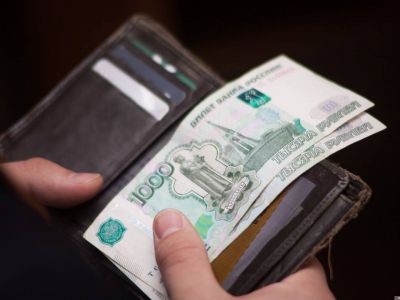



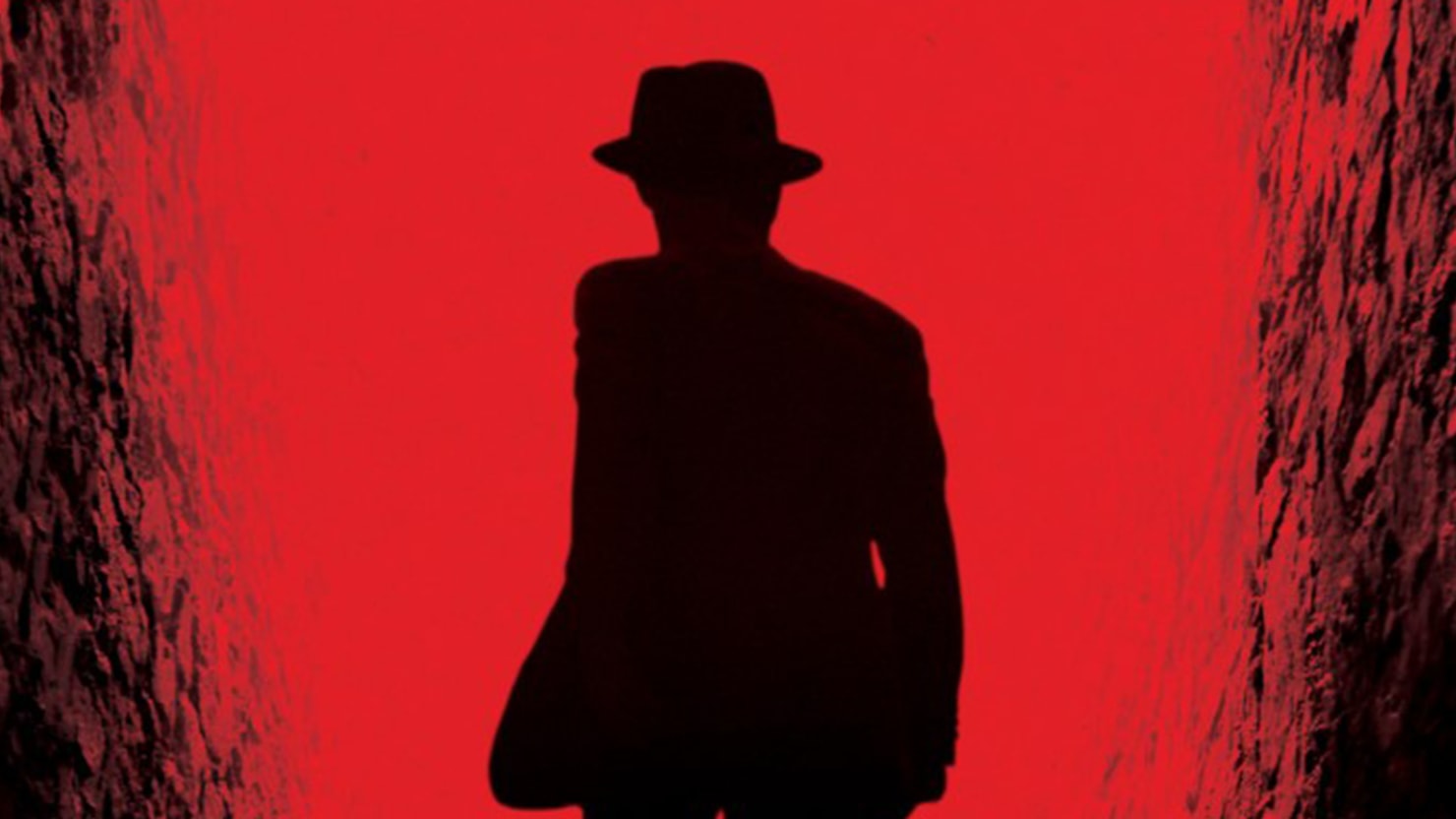

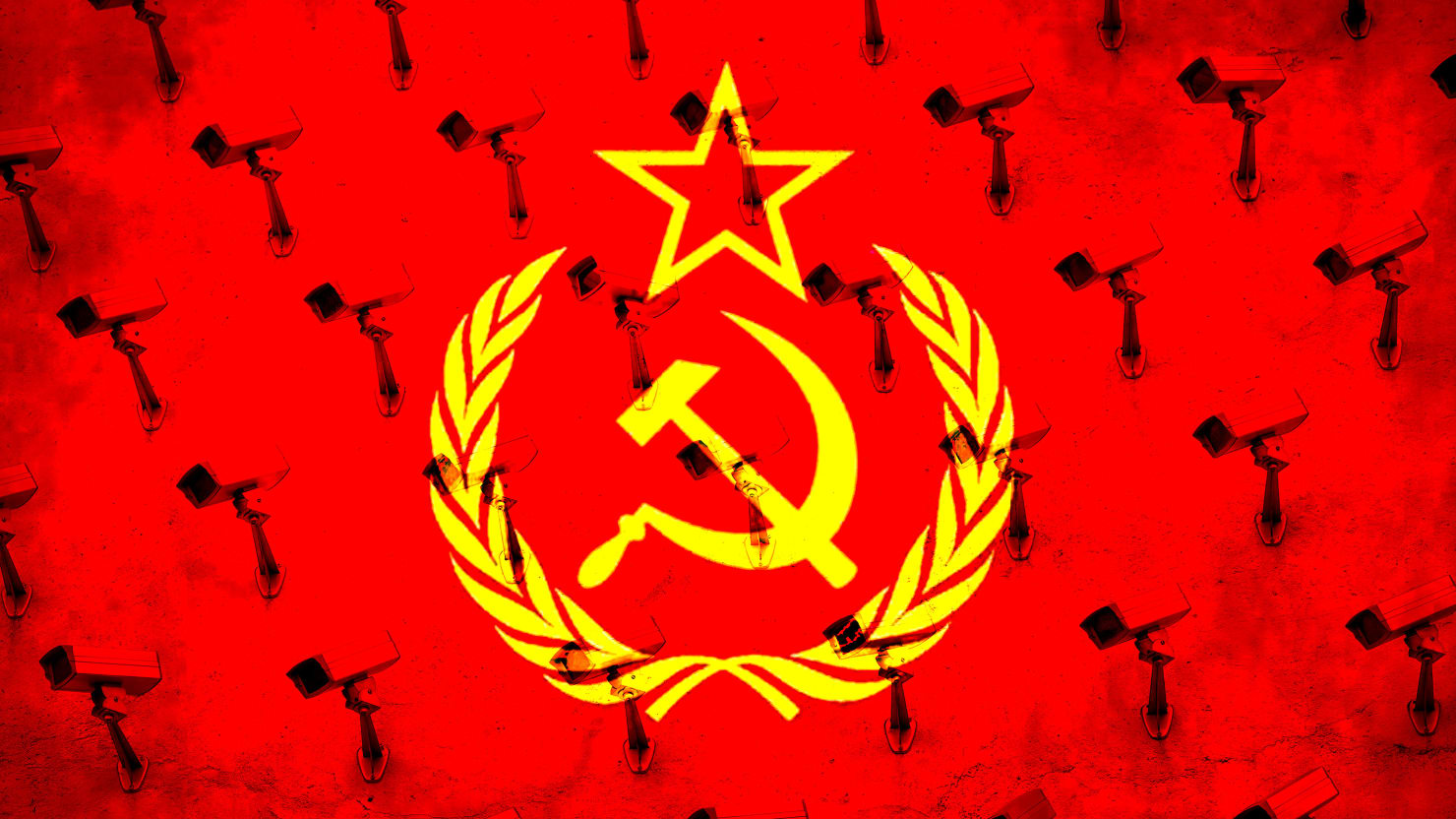
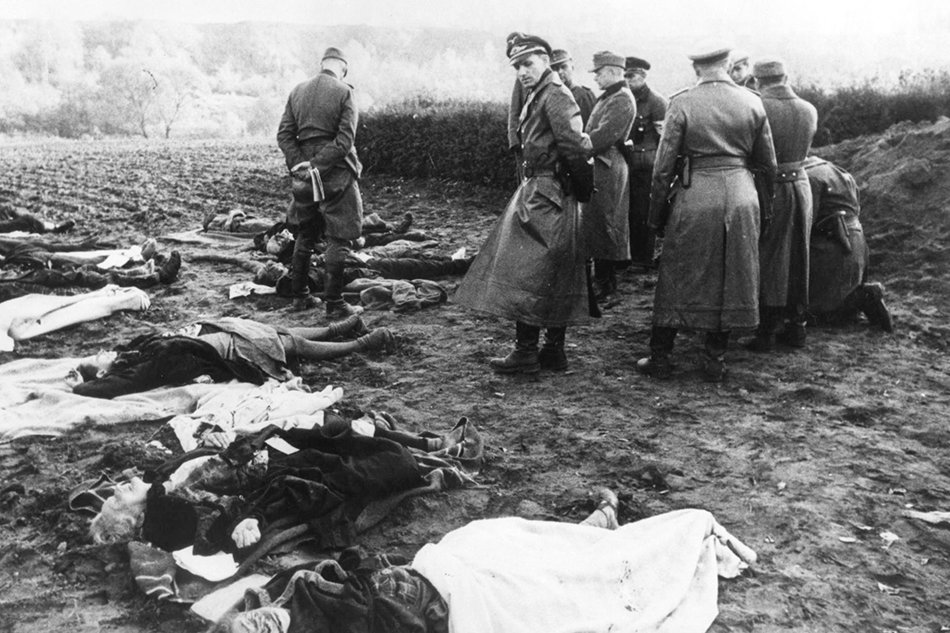
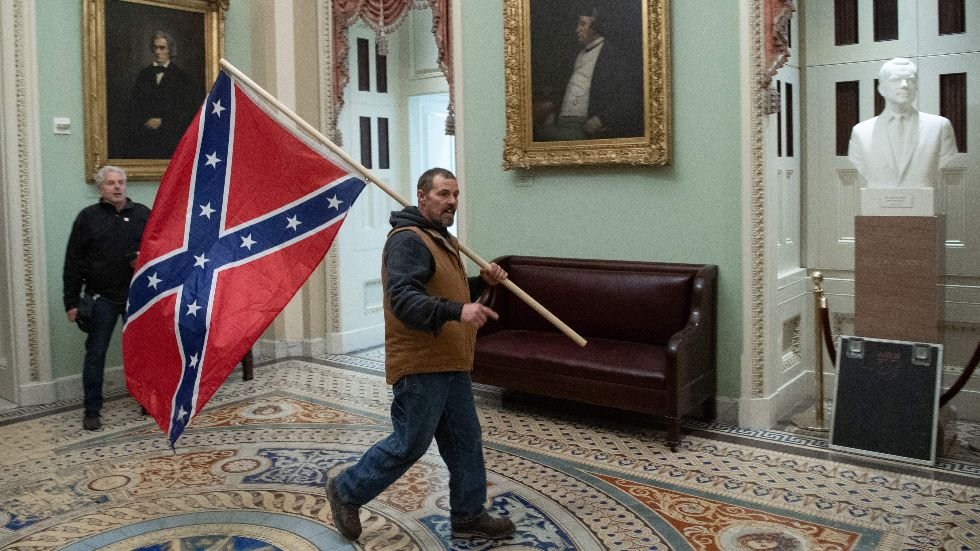

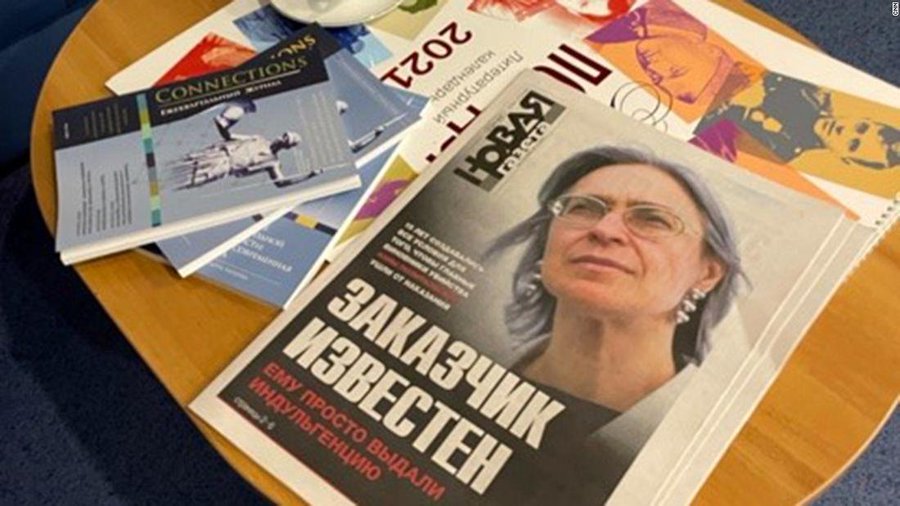
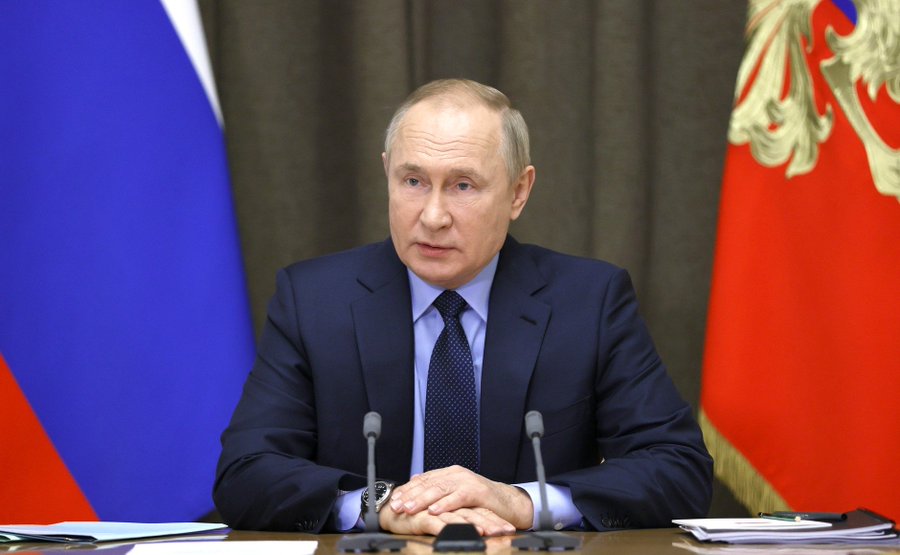
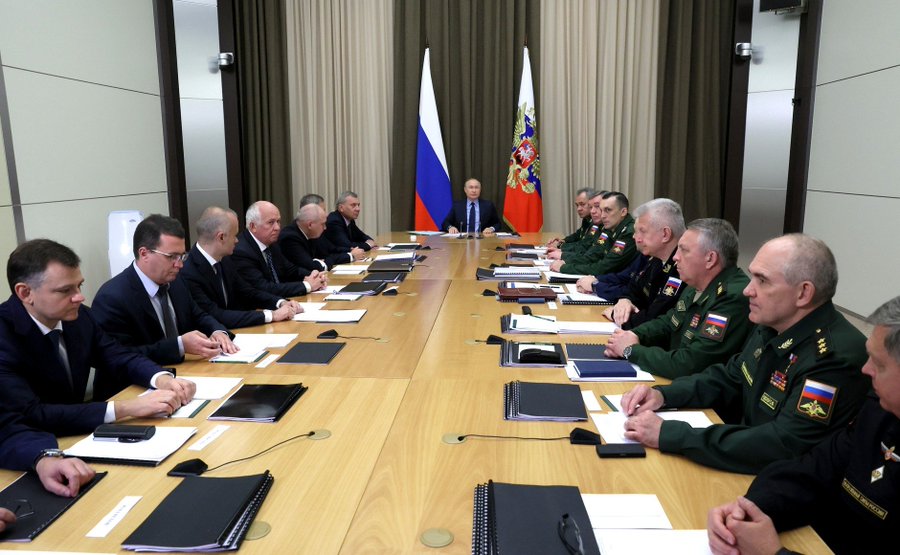



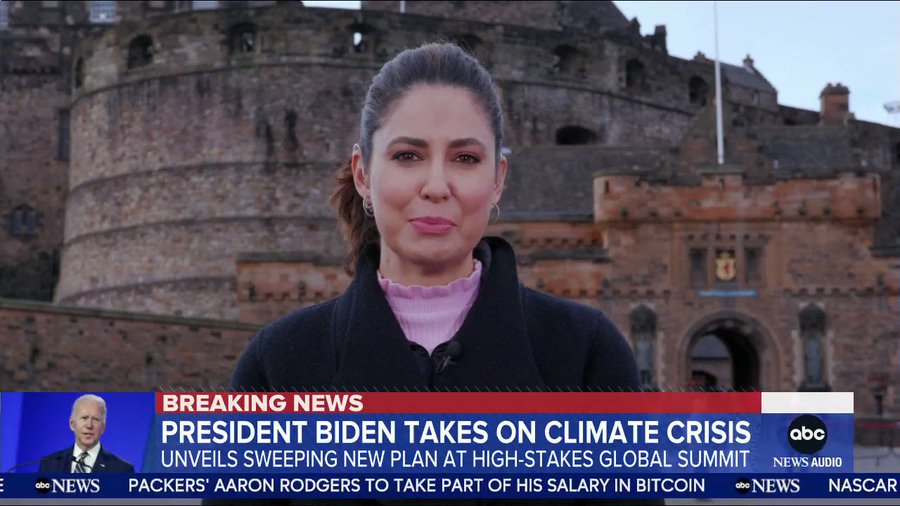





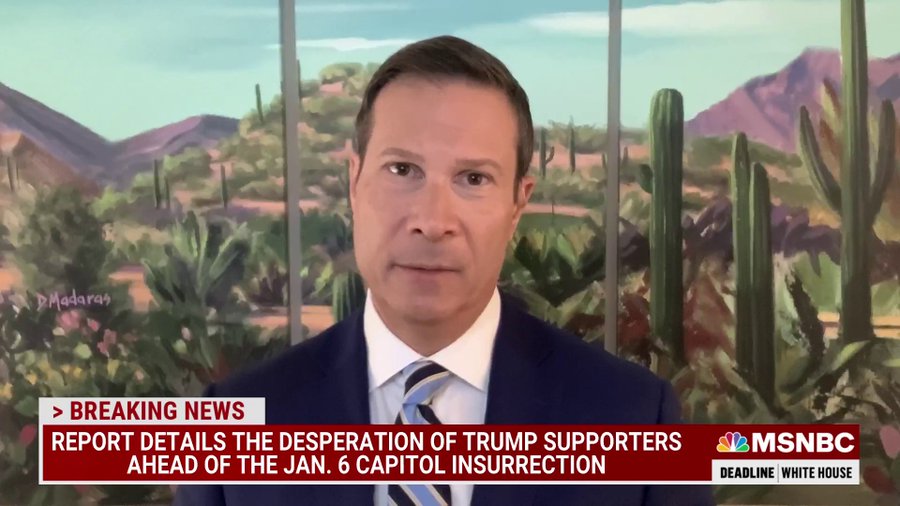





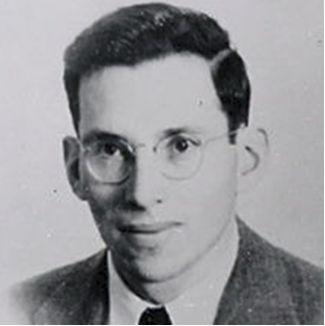




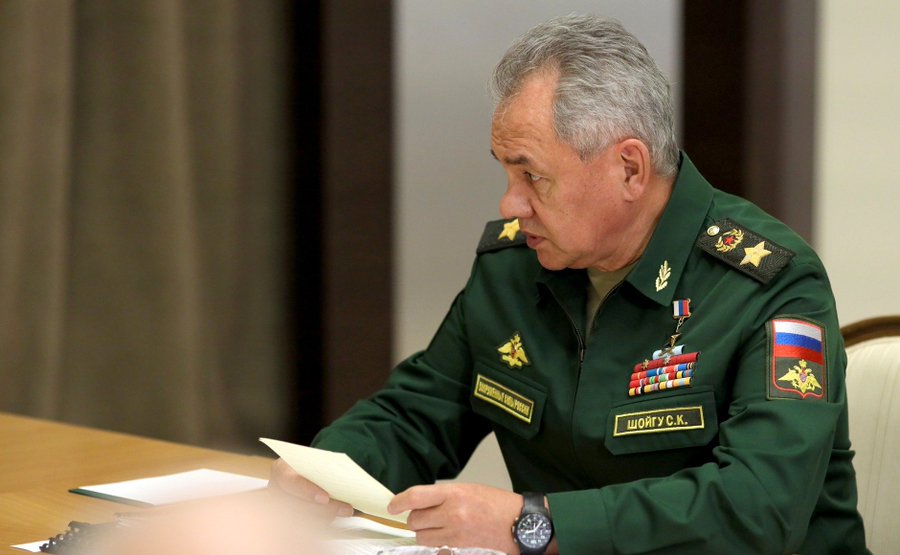




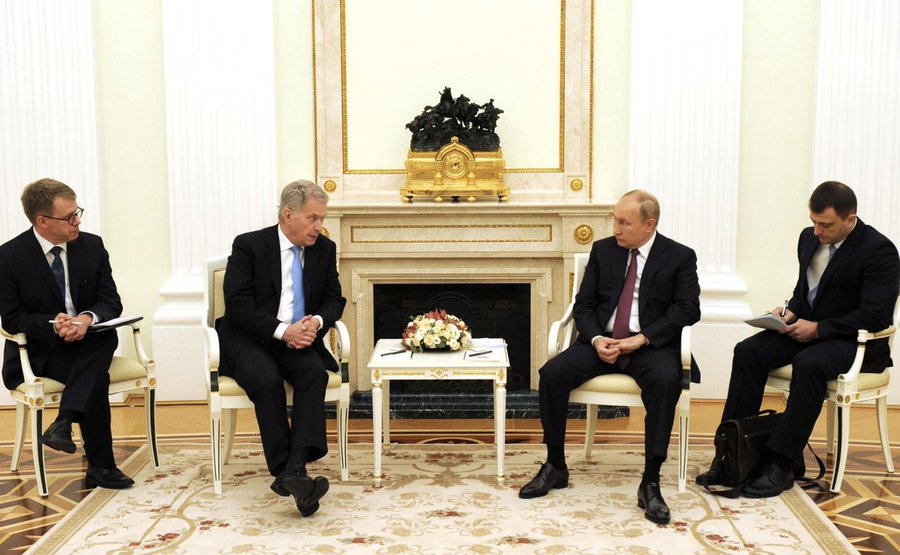


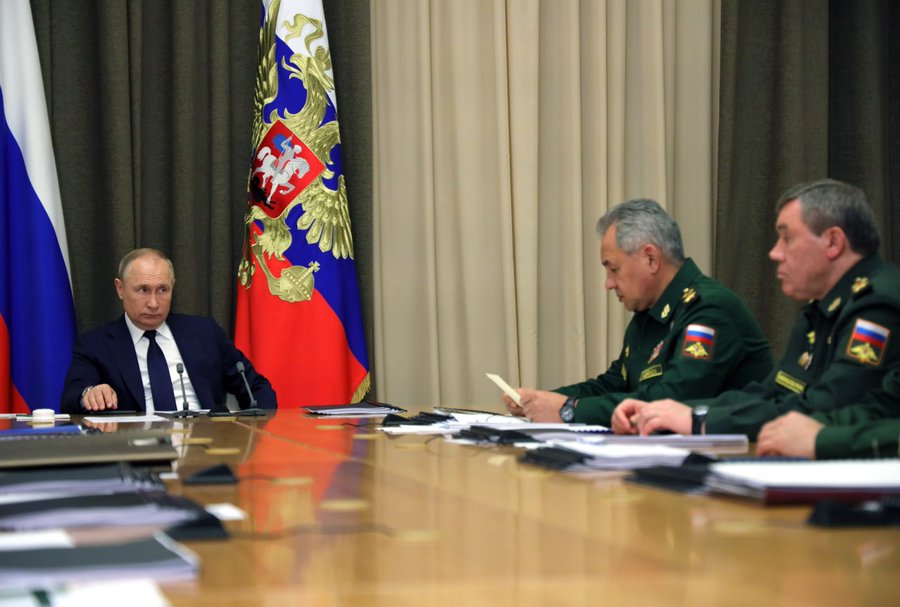




 Enter: Data Profiler, your open source data "ghostbuster.”
Enter: Data Profiler, your open source data "ghostbuster.”



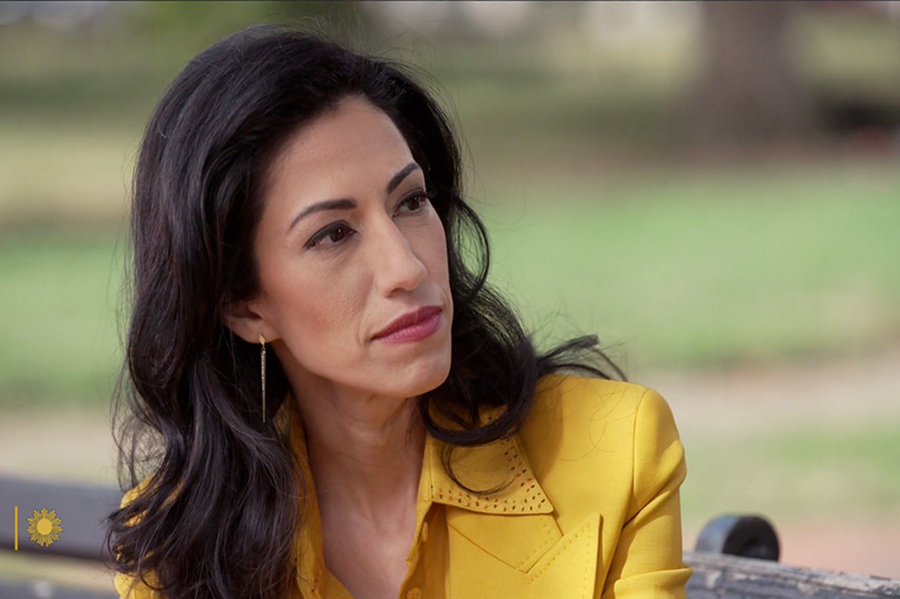

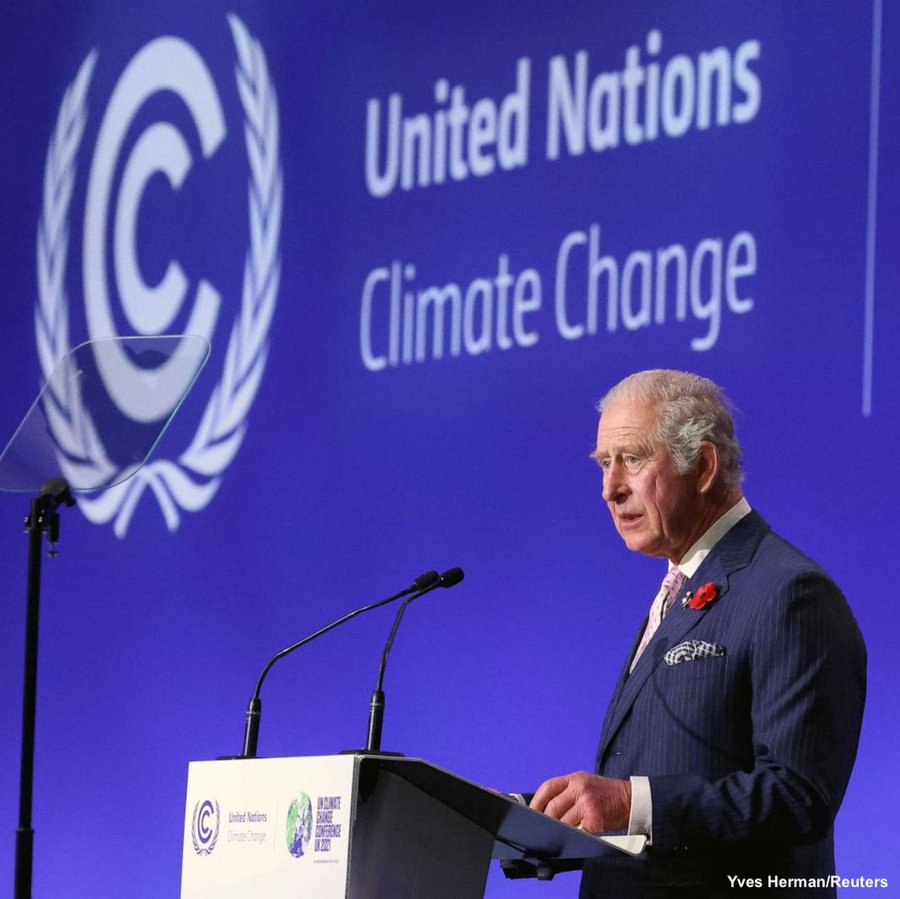





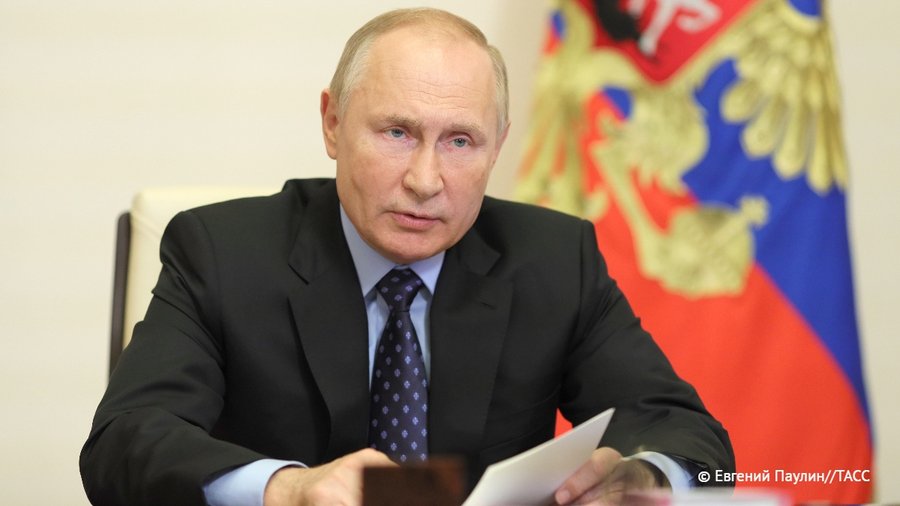









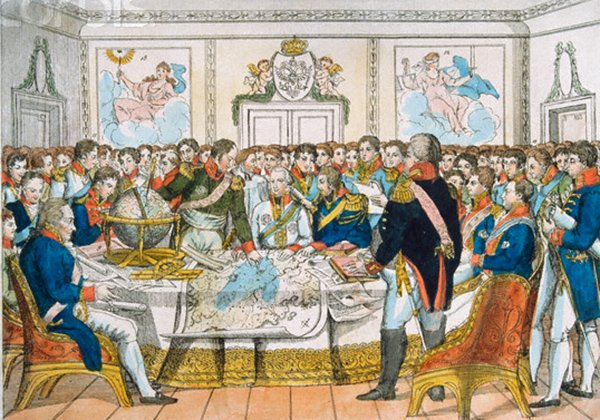





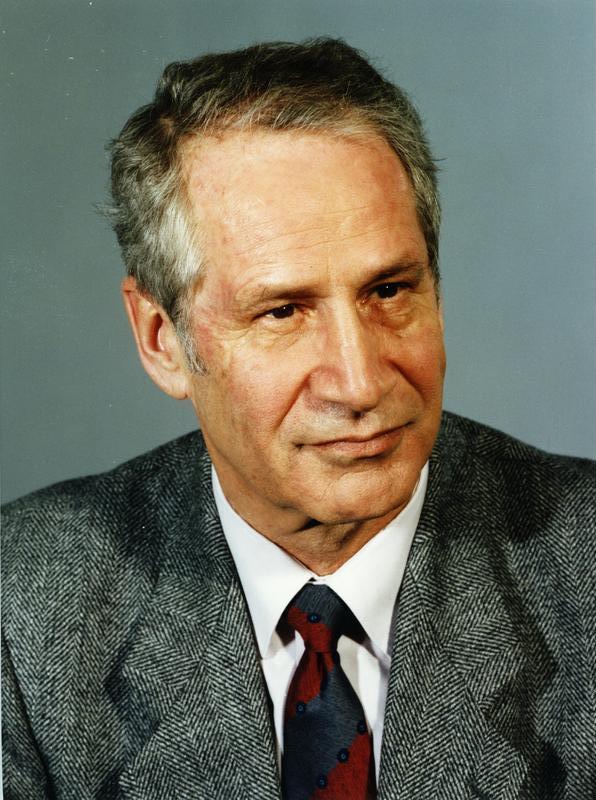
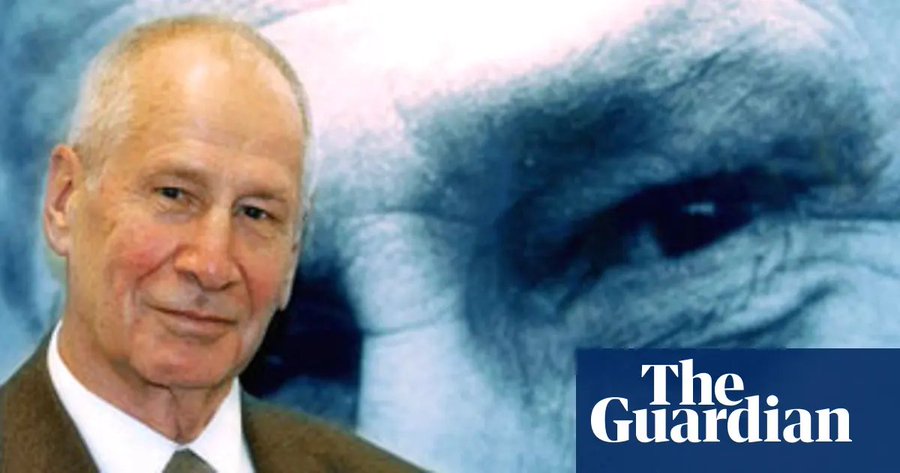

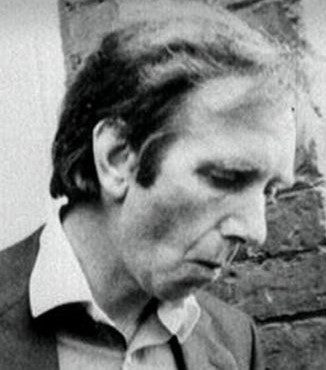
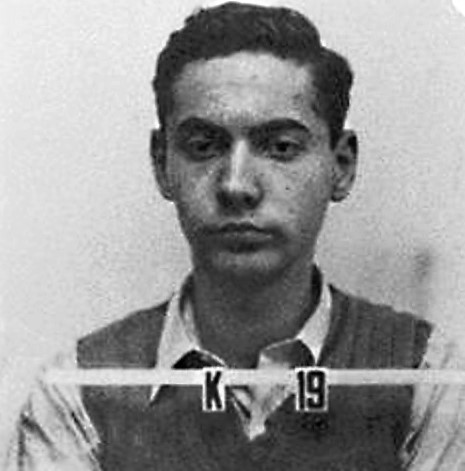
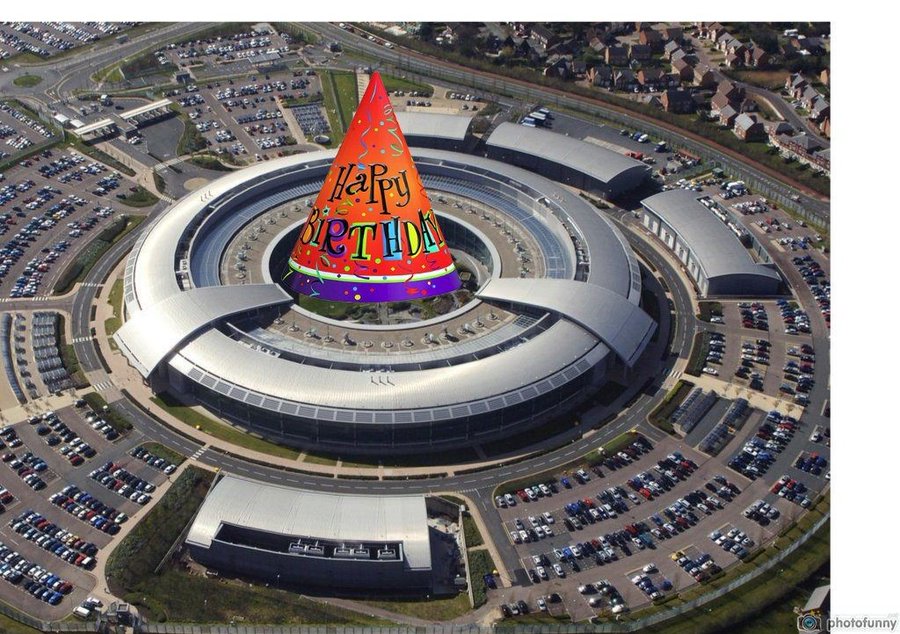
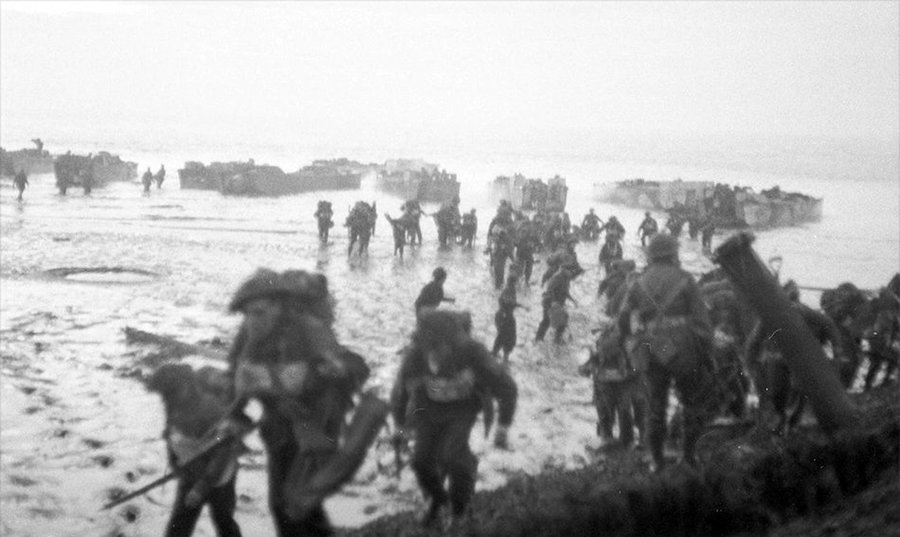
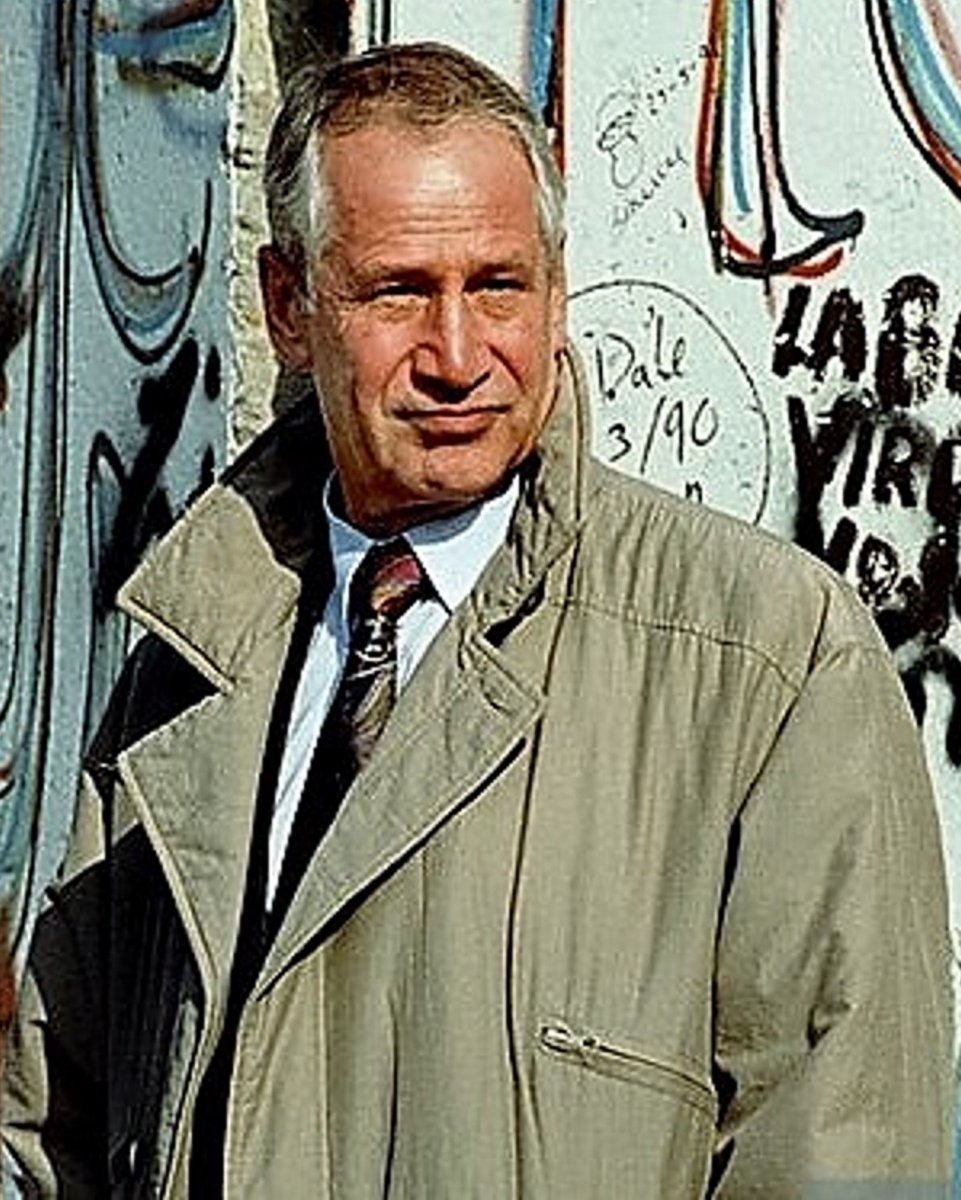

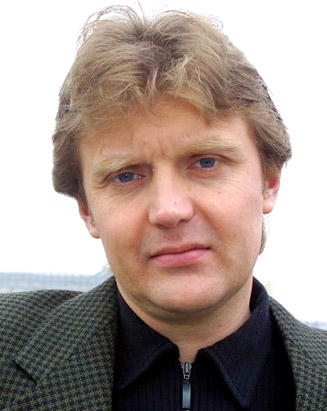


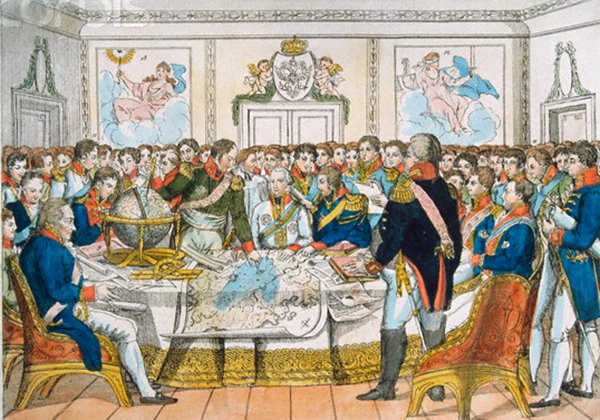


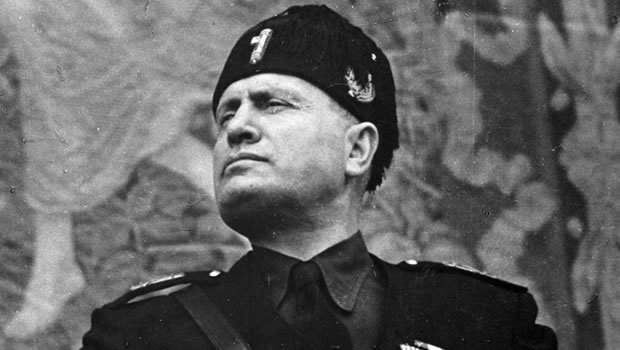



Comments
Post a Comment